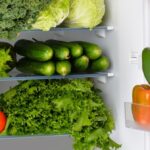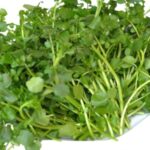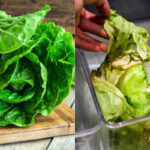Do you often find yourself throwing away vegetables after only a few days? Well, not anymore! With these simple tips and tricks, you can keep your veggies fresh and crisp for much longer. Say goodbye to wasted food and hello to delicious, nutritious meals.
1. Bell Peppers
Wash the peppers, remove the seeds, and cut them into bite-sized squares. Bring a pot of water to a boil and add a pinch of salt and a dash of oil. Blanch the peppers for 30 seconds, then drain and let them cool. Once cooled, place the peppers in a ziplock bag and store them in the refrigerator.
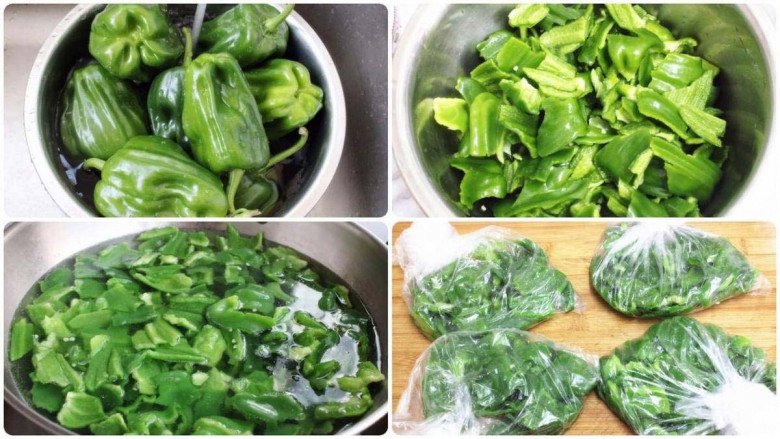
This method will keep your bell peppers fresh and crisp for an extended period without losing their nutritional value and flavor.
2. Cilantro
Cilantro usually only stays fresh for about three days, but with this simple trick, it can last for a whole month! Wash the roots of the cilantro and soak them in a basin of water mixed with a teaspoon of baking soda. This will disinfect the herb and remove any strange odors. After five minutes, rinse the cilantro thoroughly with clean water and soak it in a basin of diluted salt water.
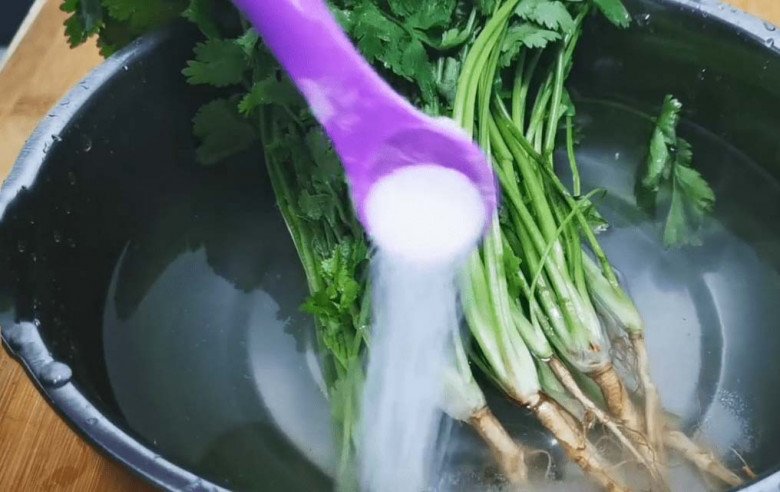
Drain the cilantro in a colander and let it air dry in a cool, ventilated area. Once dry, place the cilantro in a plastic bag, tie it tightly, and store it in the refrigerator. Alternatively, you can wrap the stems of the cilantro tightly in plastic wrap and freeze it.
3. Napa Cabbage
Wash the napa cabbage and air-dry it in a well-ventilated area for 2-3 days. Make sure it’s completely dry before storing it. Do not dry it under direct sunlight as this can cause the cabbage to wilt. The dryness of the cabbage directly impacts its shelf life; the drier it is, the longer it will last.
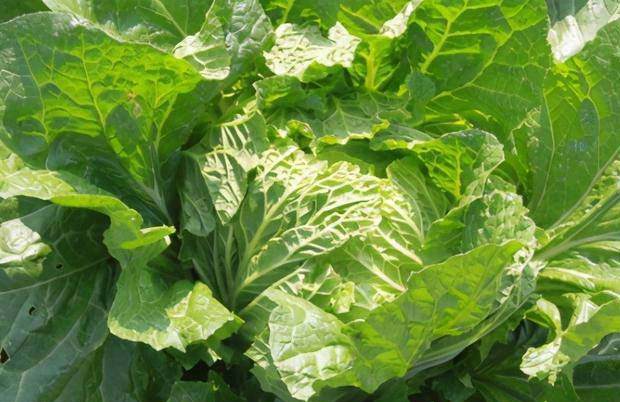
Once dry, apply white vinegar to the stem and wrap the cabbage tightly in plastic wrap. The vinegar will prevent bacterial growth and reduce the cabbage’s exposure to outside air, keeping it fresh for 3-4 months.
4. Carrots
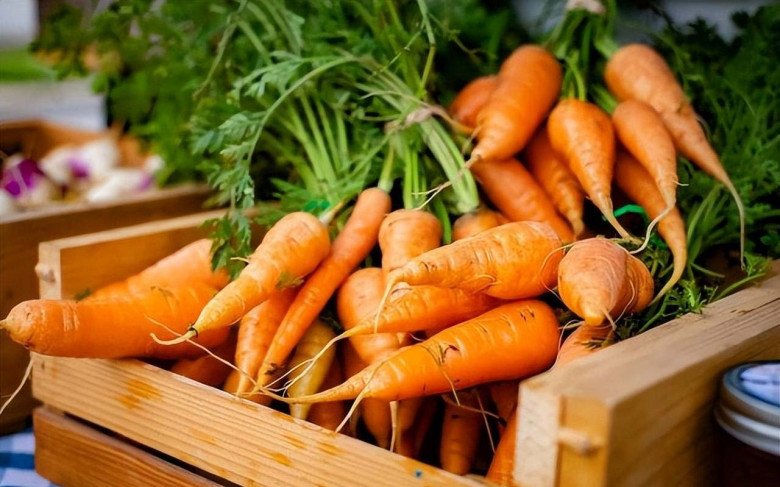
To keep carrots fresh for longer, clean and dry them thoroughly. Then, wrap them in newspaper or place them in a plastic bag. It’s best to store carrots upright. Keep them in a cool, well-ventilated place, ideally in the refrigerator. Carrots prefer a temperature range of 0-5°C (32-41°F). If your carrots have leaves, be sure to cut them off.
5. Potatoes
Potatoes, when stored for long periods, can sprout and become toxic. These sprouts produce harmful substances that can be dangerous to your health. That’s why experts advise against consuming sprouted potatoes. To prevent this, clean your potatoes and ensure they are completely dry. Prepare a carton box lined with a layer of paper towels or newspaper at the bottom. Place the cleaned potatoes inside, as the paper will absorb moisture and keep them dry.
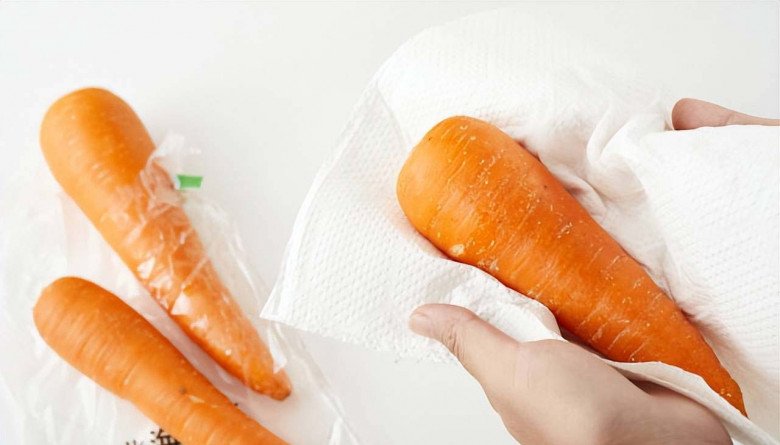
Additionally, you can add a ripe apple to the carton. Apples release ethylene, a plant hormone that inhibits the production of auxin in potato bud cells, preventing sprouting. Store the potatoes in a cool, dry place, or in the refrigerator.
Ice-Cold Lemonade: A Revitalizing Elixir for Wilted Salads
Lettuce is a versatile vegetable that can be enjoyed raw or lightly cooked, and it packs a nutritional punch. However, it has a tendency to wilt or spoil quickly, even when stored in the crisp drawer of your refrigerator. But fear not! With a simple ice water bath or a splash of lemon juice, you can quickly revive your lettuce and enjoy its crisp, fresh taste once again.
The Ultimate Superfood: Unveiling the Veggie that Kept Rosé Guessing
Parsley, or more specifically, parsley essential oil, is a powerful antibacterial, antiseptic, and antifungal agent. It is particularly beneficial for oily skin due to its ability to effectively absorb excess sebum. This makes parsley an ideal natural remedy for achieving a balanced and clear complexion.
























